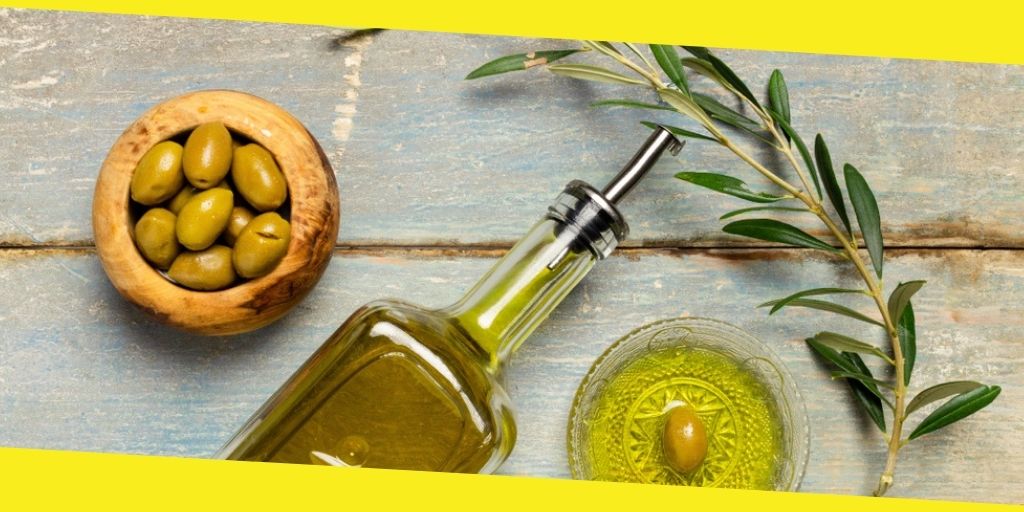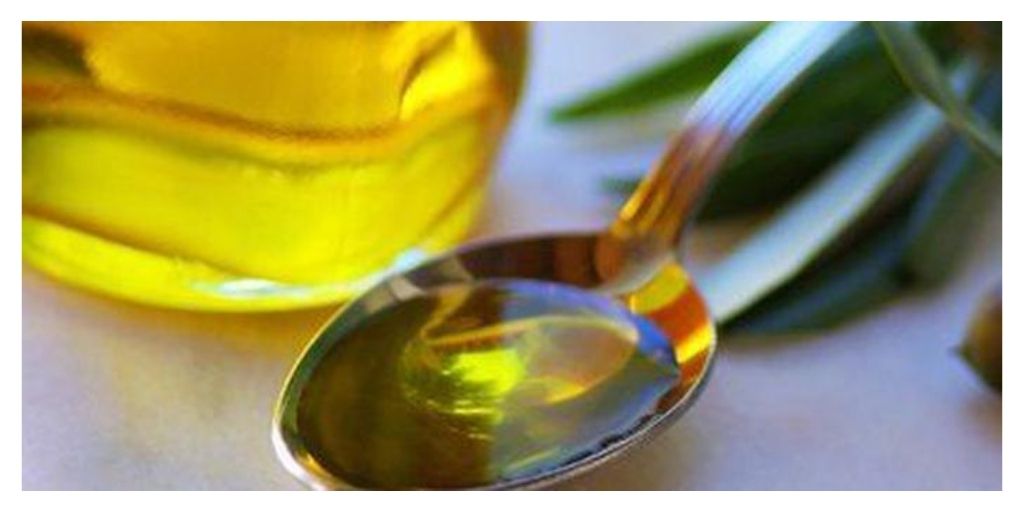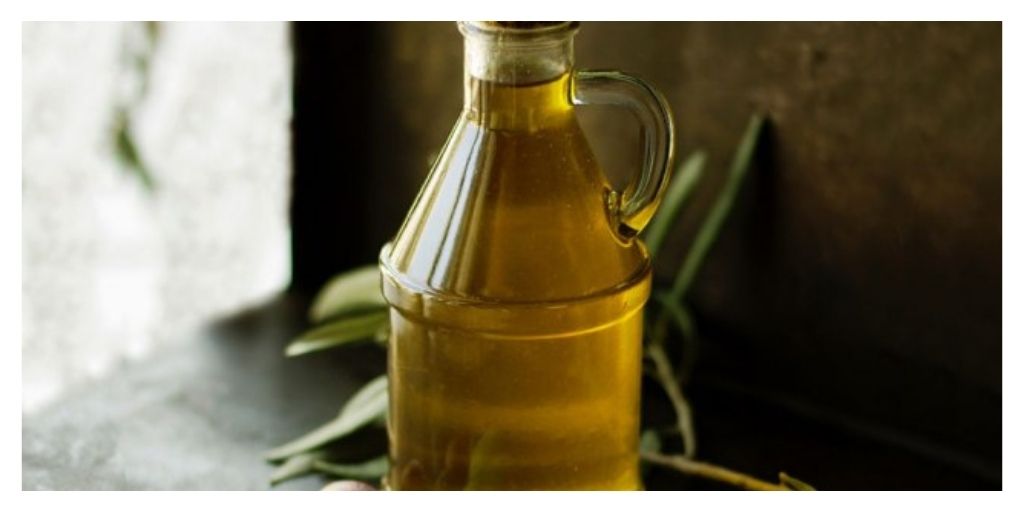Why Proper Storage Practices Are Essential For Your Olive Oil

Extra virgin olive oil originates from one of the most delightful and old plants, the olive tree. They can live for a large number of years and are amazingly healthy plants.
However, every food has to be stored appropriately, and that includes olive oil, too! Unlike wine, olive oil never gets better with time.
Even a bottle of the best extra virgin olive oil is at risk of getting spoiled too soon if you store it carelessly. While it is best to utilize olive oil within one year of purchase, there are ways to elongate the product’s shelf life.
The right storage practices will always assure you of the best and highest quality extra virgin olive oil.
Contents
ToggleWhy Does Olive Oil Involve Careful Storage Practices?
The shelf life of every container of olive oil depends on several variables, such as the quality of olives and the oil’s storage conditions.
Extra virgin olive oil has antibacterial properties, vitamins, polyphenols, and a host of other health benefits. Properly storing it would keep these wholesome properties of the oil intact.

Though olive oil can be preserved longer than other oils, it is essential to store the olive oil properly in appropriate containers and far away from direct sunlight to keep it as new as possible.
Olive oils tend to rot as soon as they come near to a hot surface or is kept in warm temperature. If the olive oil gets heated above 210 degrees celsius, the taste deteriorates rapidly, leading to the rotting of the oil.
To store olive oil appropriately, you need to ensure that the temperature is from 57°F to 70ºF. Moreover, it has to be stored inside a cool, dark place where the weather won’t fluctuate much.
If the temperature falls below the ideal point, you will notice the oil transforms into a solid substance, which would affect the state of the product.
Few features are essential while judging the quality of olive oil, such as the taste of the product or the flavor of the oil and if it would be suitable for a particular dish.
If not stored correctly, the flavors might fade away and deteriorate the quality of the oil.
Nothing beats the taste of fresh olive oil. Even though olive oil can stay intact for almost two years if appropriately stored, it is best to use the oil before the end of a year.
As soon as you start keeping it for an extended period, the fatty acids present in the oil starts breaking down.
With time, the acid content in the olive oil increases and hence affects the smell of the product profusely. Therefore, it has to be stored so that the quality of the oil doesn’t deteriorate.
Oxidation of the acids leads to rancidity, which deteriorates the quality of the oil. Several factors are responsible for the oxidation of the oil, such as:
- Fluctuation in storage temperature
- Exposure to UV rays and air
The goal of proper storage practices is to preserve the flavor and benefits of extra virgin olive oil for a longer time than usual.
By following a couple of necessary steps, you can prevent the olive oil from getting rotten.
Tips For Storing Olive Oil
To store your olive oil properly, here are some tips to help you out:

- One of the fundamental reasons which lead to the degradation of olive oil is lipid oxidation. To keep your olive oil perfect, you need to check if the container is set away from direct sunlight and kept in closed storage properly.
- Secondly, you have to see that the olive oil stays away from oxygen. If the container of the oil experience more light and oxygen, the duration of the product reduces massively.
- Storage temperature also plays a significant role in keeping the olive oil intact. It would be best if you kept it in a place where nitrogen is more than oxygen, and that’s how the quality of olive oil would be controlled.
- Never forget to check the manufactured date and the expiry date mentioned on the label of the container while purchasing the oil. Make sure to buy the one which is manufactured recently.
- Use proper containers to keep your olive oil from getting ruined.
Containers To Store Olive Oil In
If you wish to keep the quality of your olive oil intact, it has to be appropriately stored in the below-mentioned containers:
Glass Bottles
The most popular container to store olive oil properly is in glass bottles. They are easy to use and look trendy as well. Moreover, glass is a fine medium to obstruct artificial light from ruining the quality of your olive oil.
Glass bottles are durable and control your olive oil properly and protect it from harmful elements. However, even then, you need to keep them far away from hot sources like cooking ovens.
Plastic Bottles
Most people doubt whether to use plastic containers for storing olive oil. Though plastics shouldn’t be used because of its hazardous quality, if you don’t have any other option, you can keep the oil in a plastic bottle as well.
However, it is recommended to keep the oil in plastic containers for only a short period. Otherwise, the harmful components of plastic might affect the flavor of the oil.
Steel Containers
The best material that you can choose to store olive oil is steel containers. They keep the oil cool and don’t allow sunlight in, thus protecting the oil’s quality.
Also, steel containers are not as harmful as plastic bottles and won’t break like glass jars if they suddenly fall from the shelf while handling.
Conclusion
It might become a little confusing to understand if the quality of the olive oil kept at home has deteriorated or not.
However, the best way to know the condition of the oil is by smelling it. If the aroma has a fruity side to it, rest assured that the oil is perfect.
It is essential to store olive oil appropriately to use it for a long time. Otherwise, you might notice the poor condition of the substance sooner than usual.
Recommended For You
Medical Applications of Titanium
Most Inside
Most Inside offers high-quality recommendations and valuable updates to enhance all aspects of your life, providing premium guidance and enriching experiences.




